Depression: Prevalence, Symptoms, and Evidence-Based Treatments
VerifiedAdded on 2023/01/13
|12
|939
|94
Presentation
AI Summary
This presentation explores the problem of depression in Australia, including its prevalence and symptoms. It also discusses evidence-based treatments such as cognitive behavioral therapy, interpersonal therapy, and relaxation therapies. The advantages and disadvantages of evidence-based treatments are also examined. Real-life examples and references are provided.
Contribute Materials
Your contribution can guide someone’s learning journey. Share your
documents today.
1 out of 12
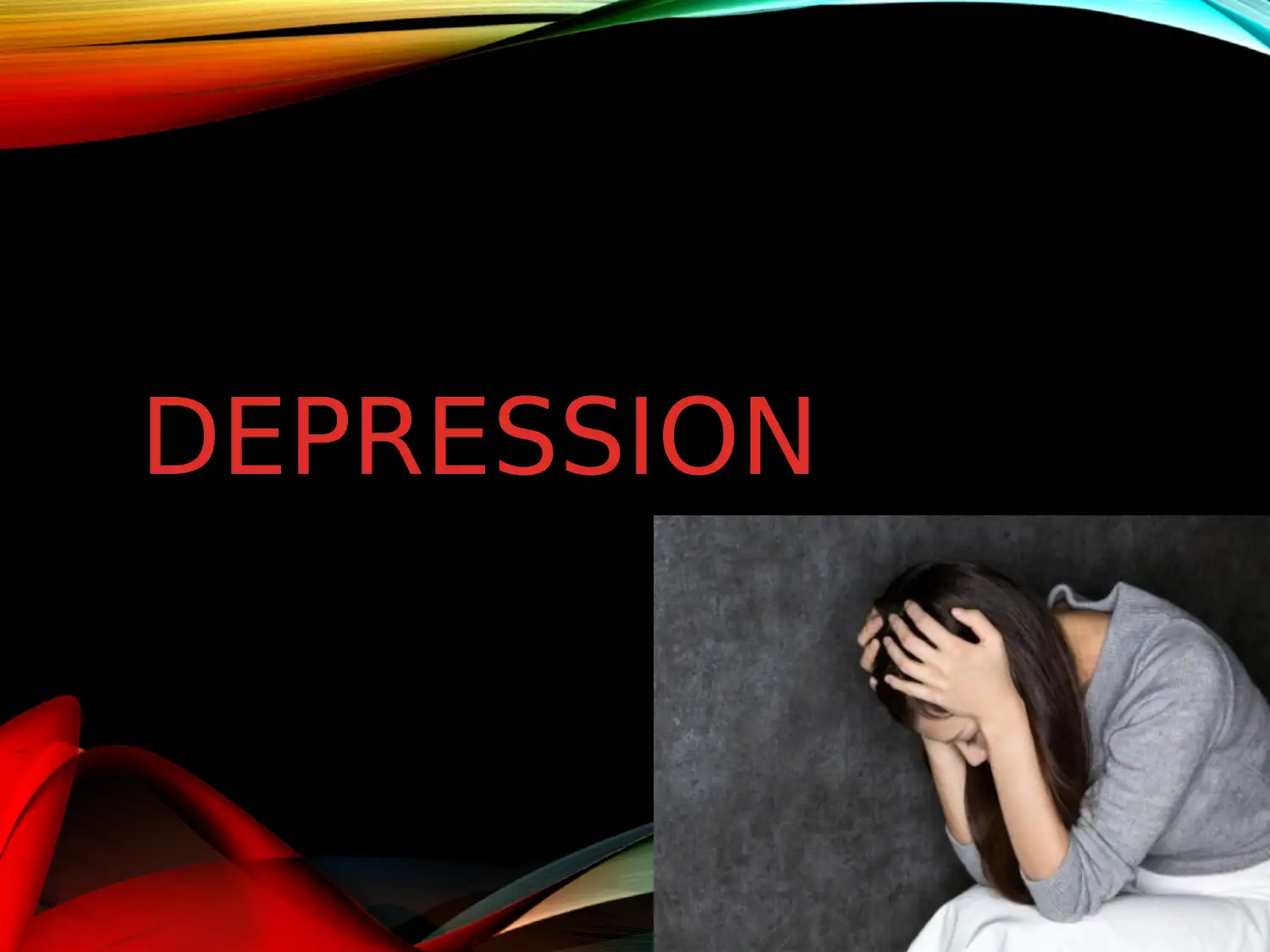
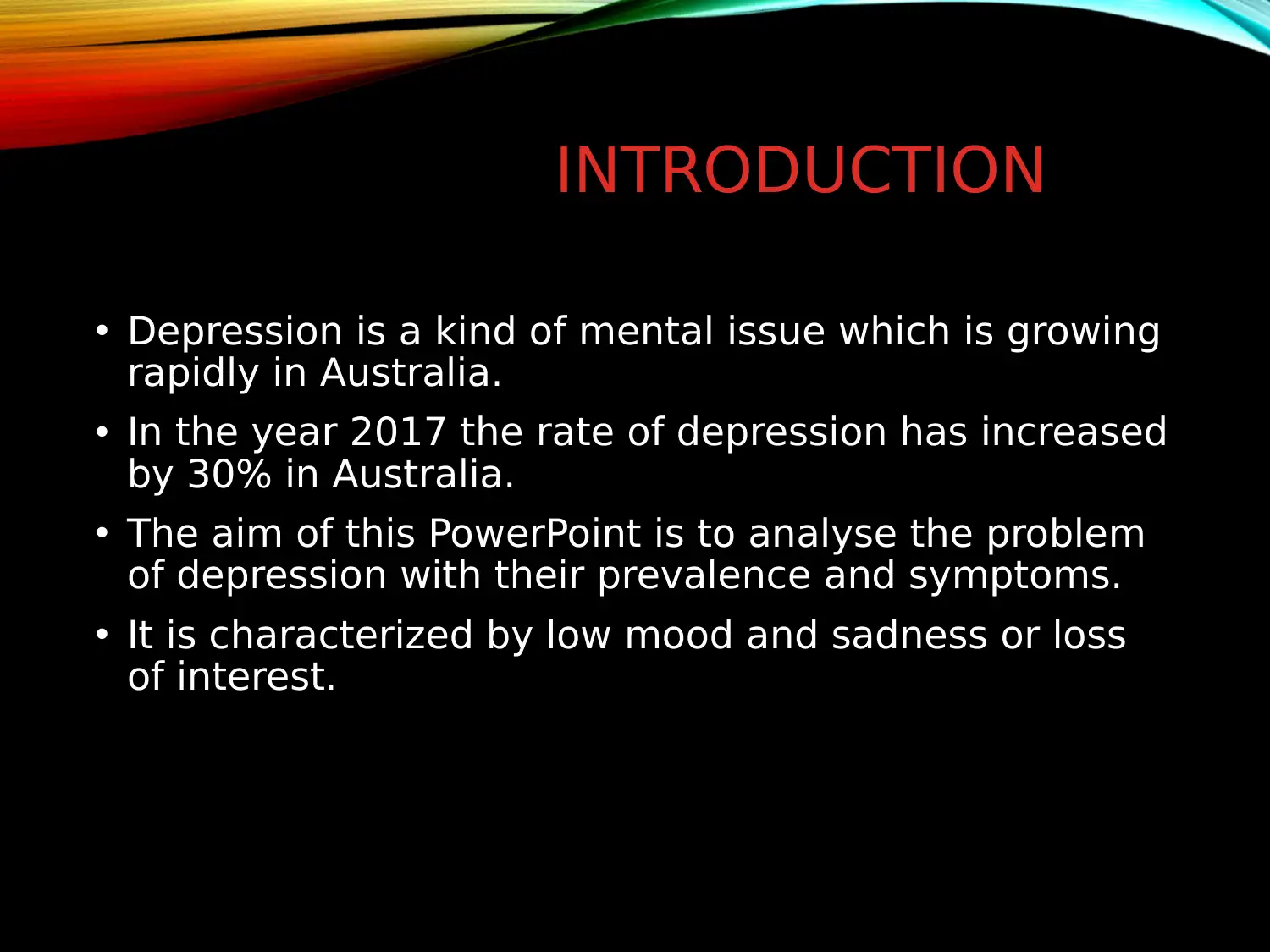
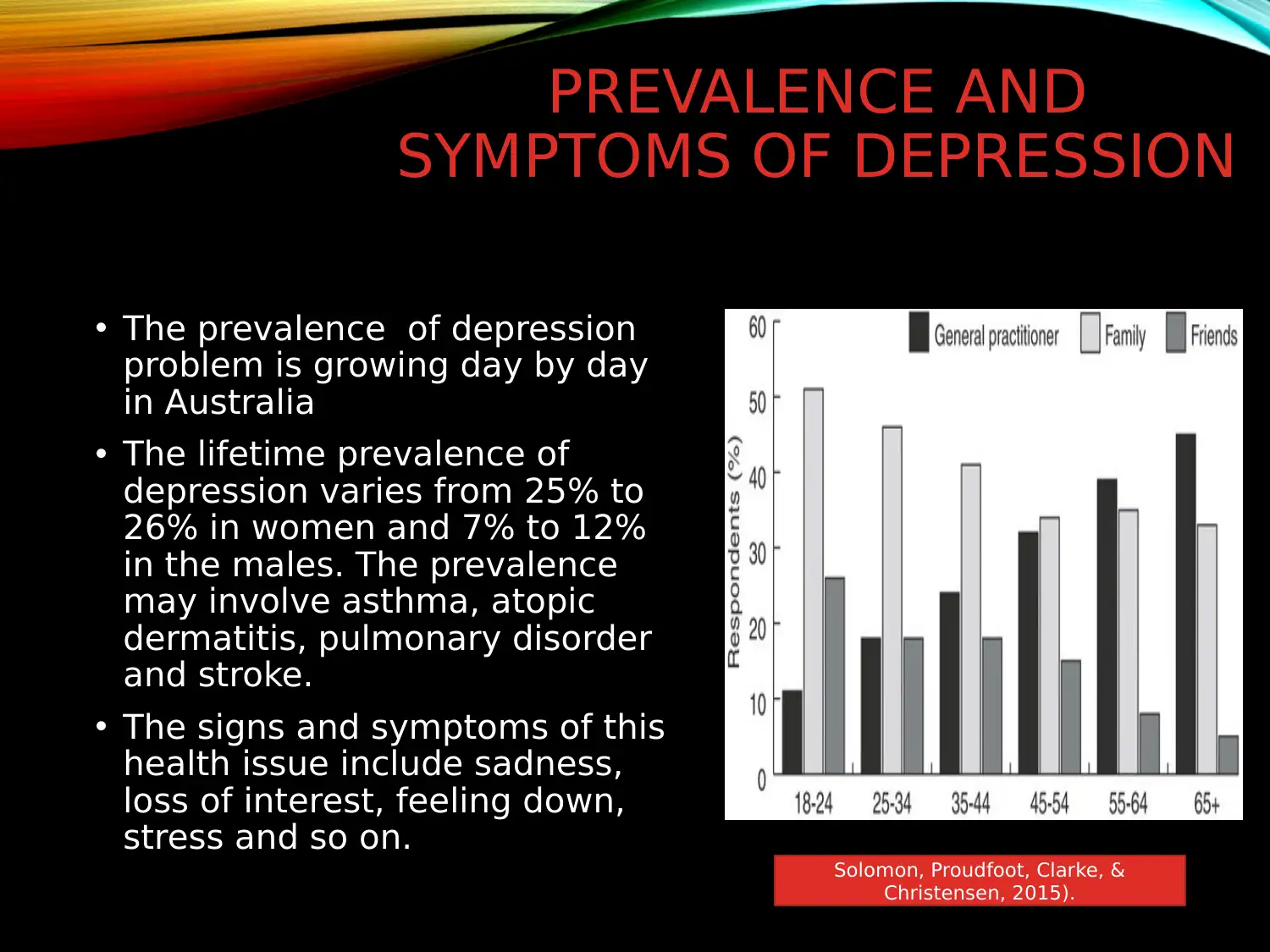
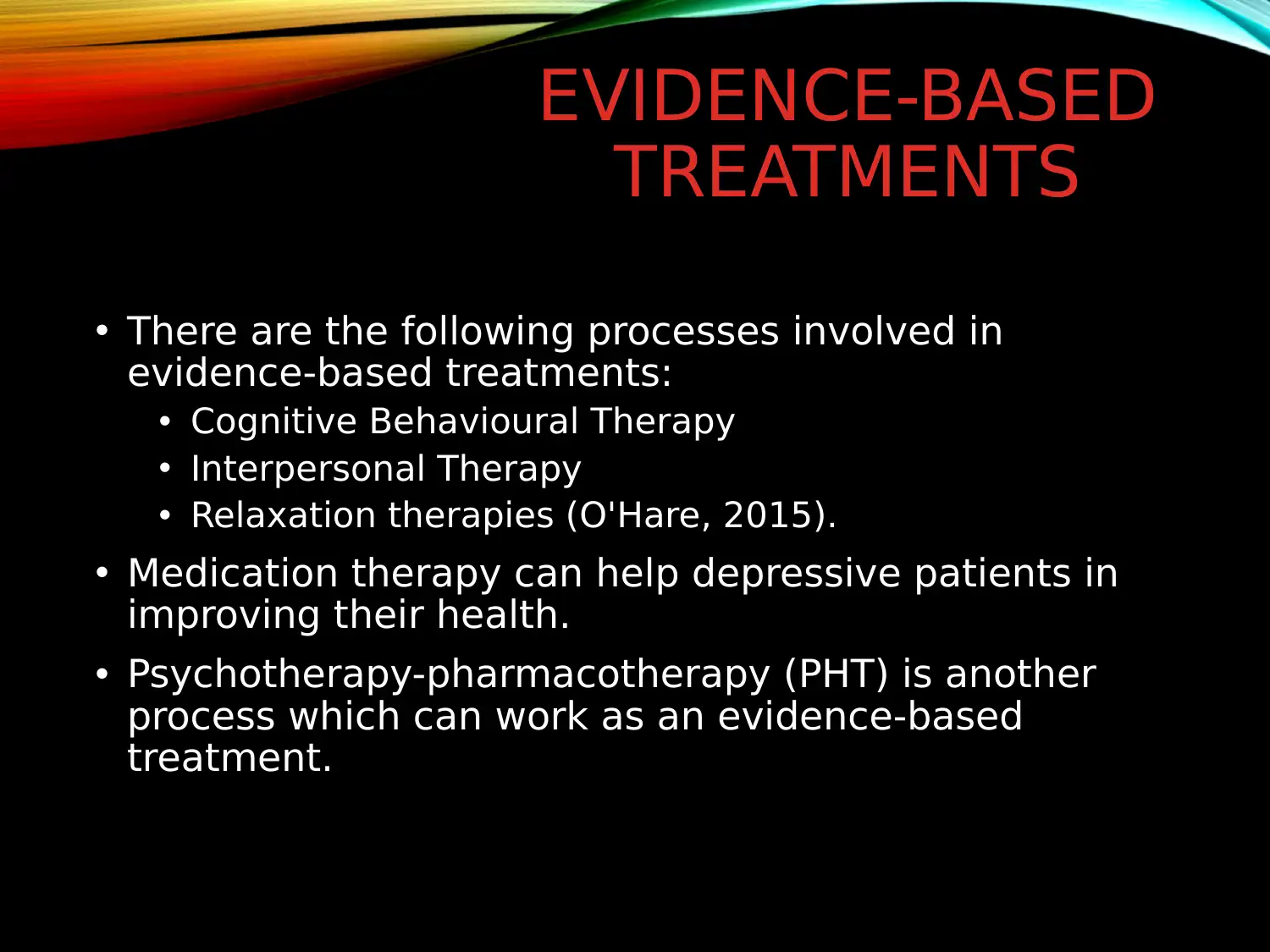
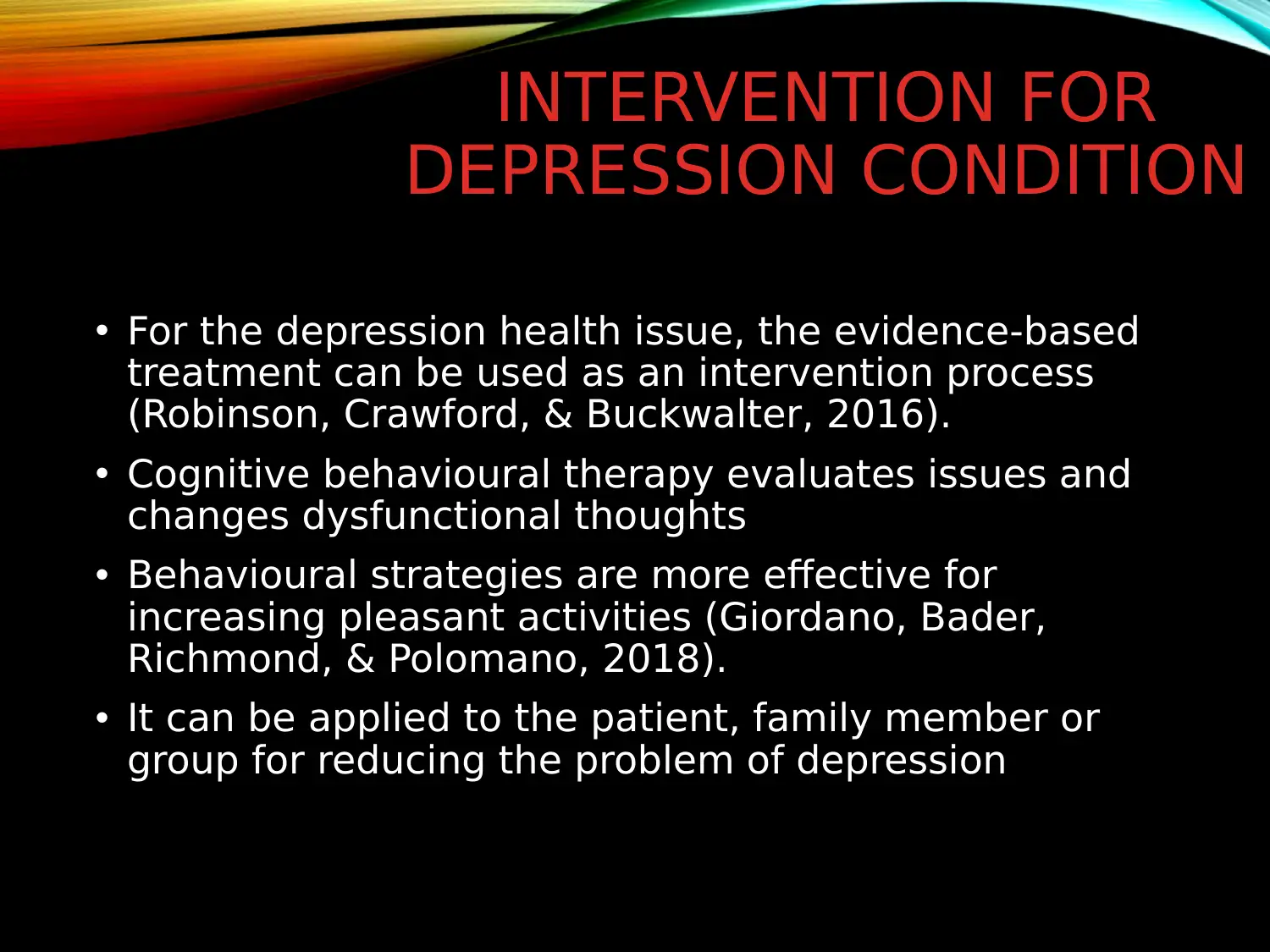
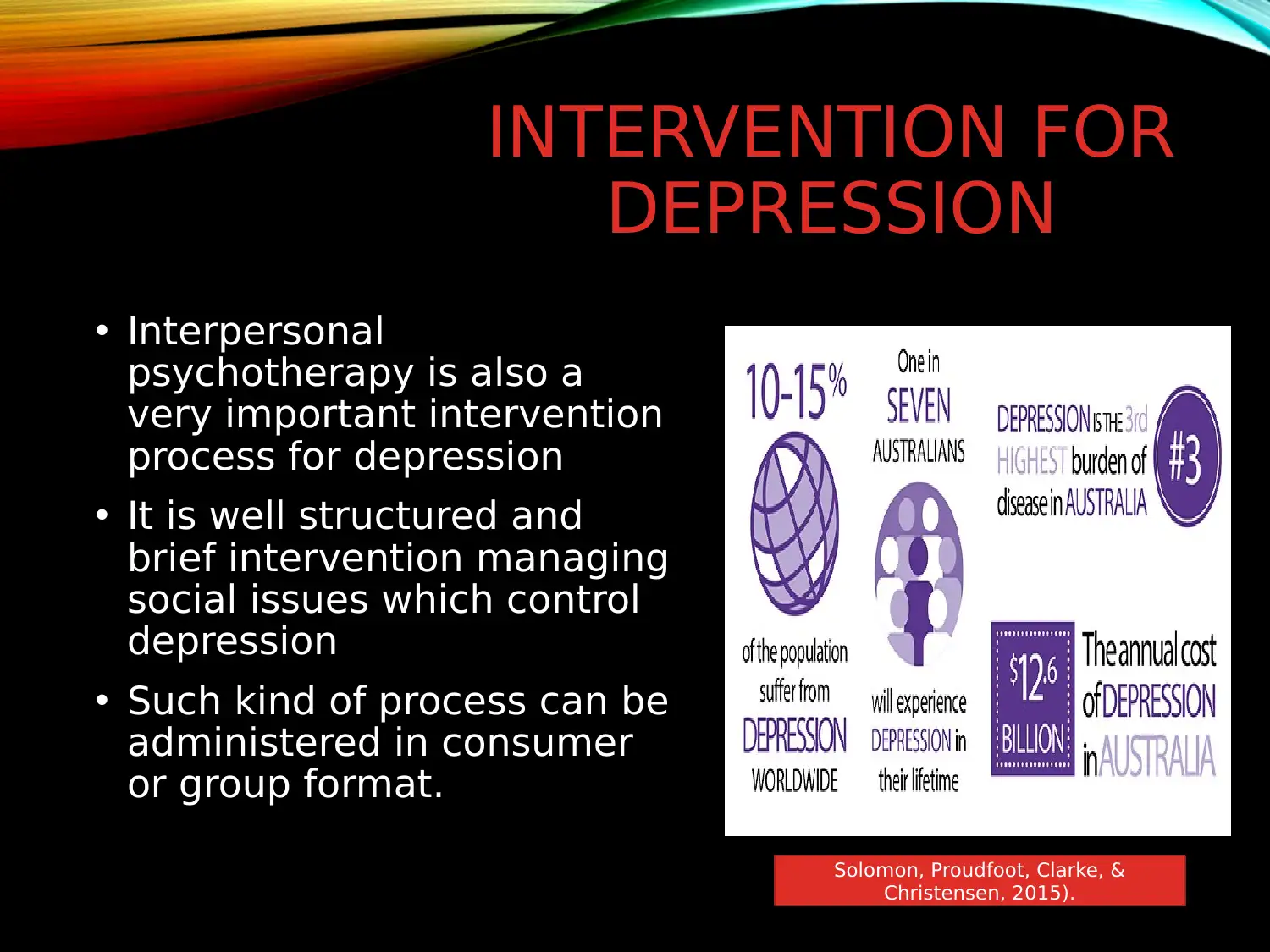
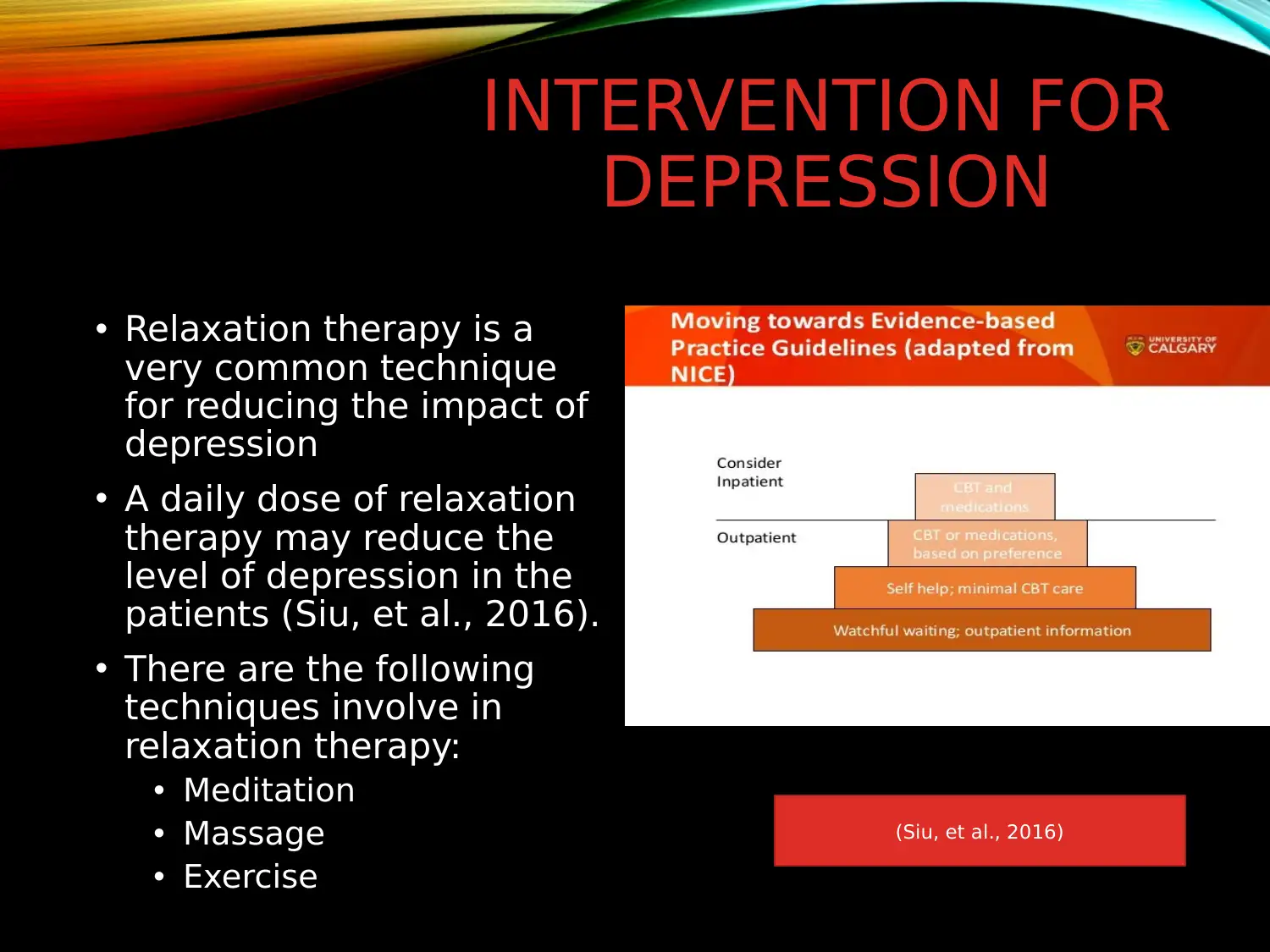
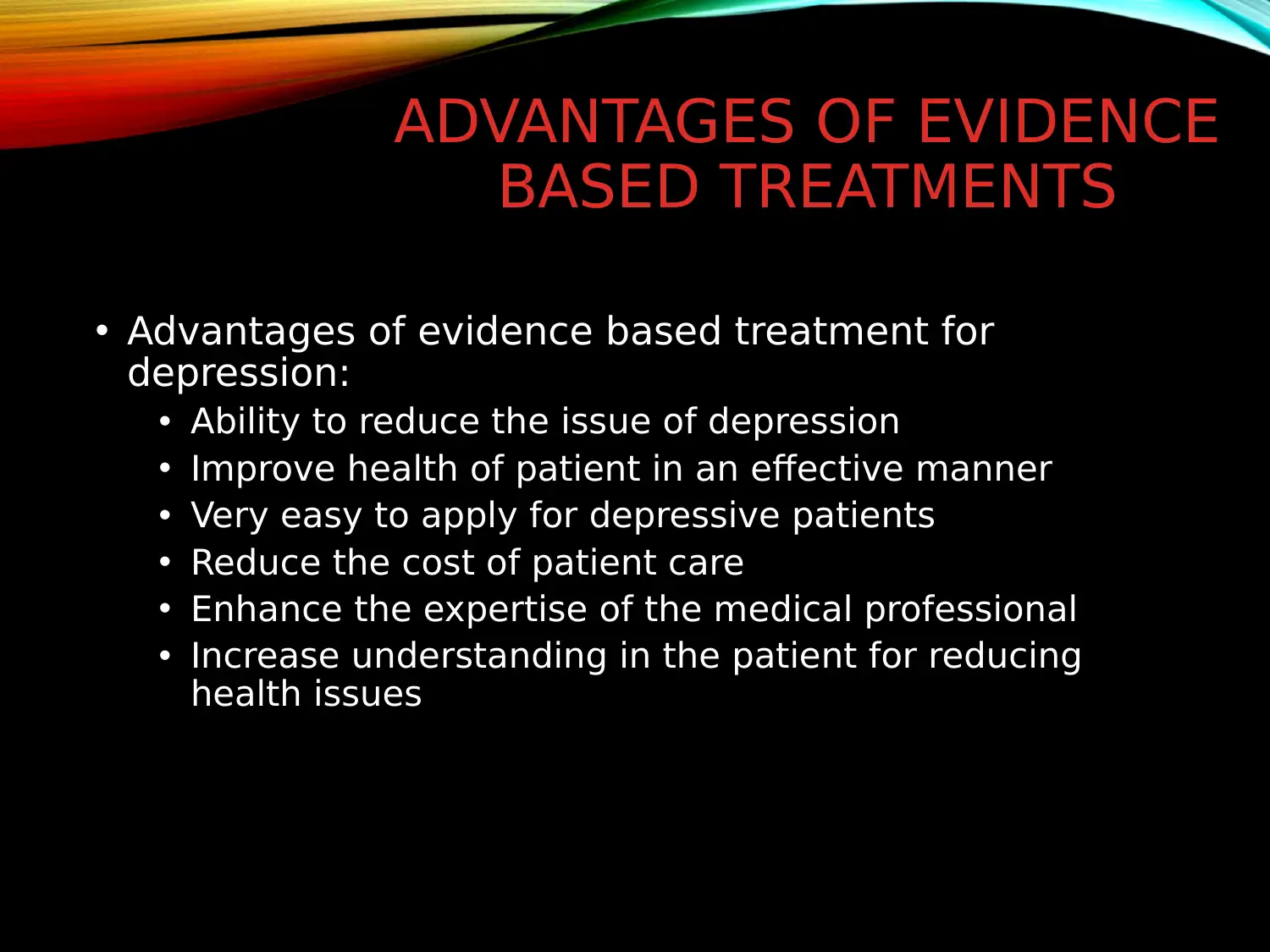
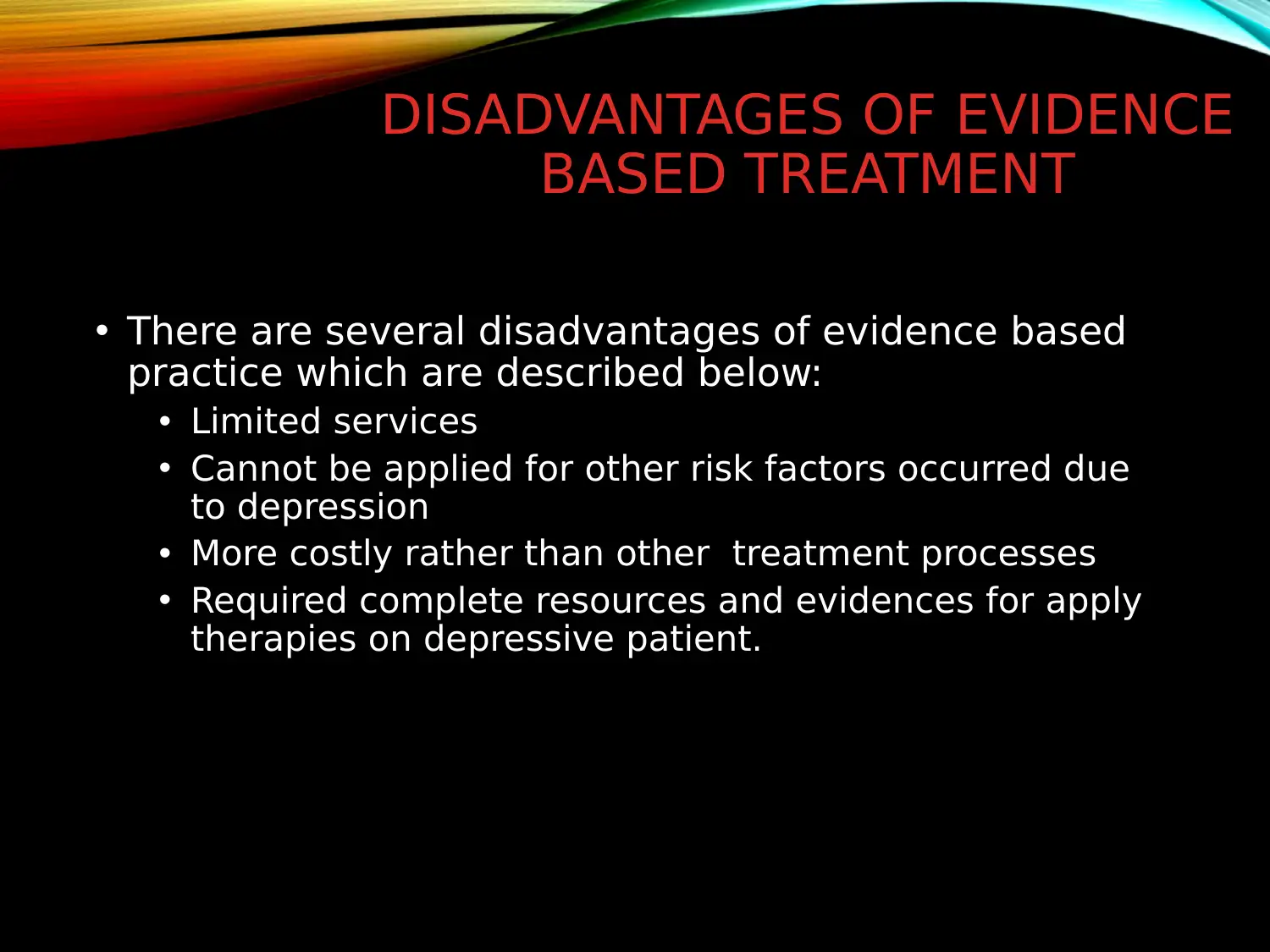
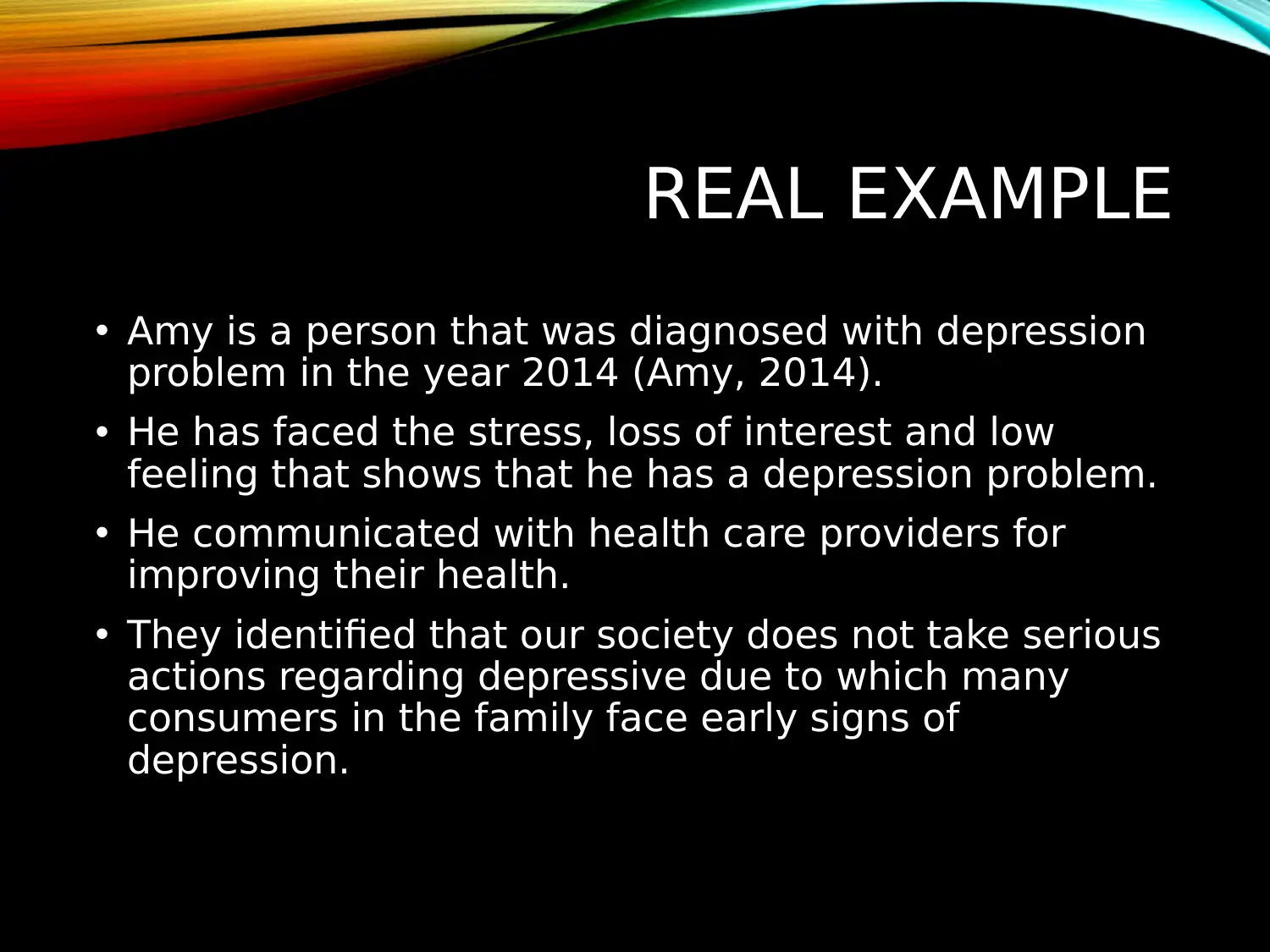
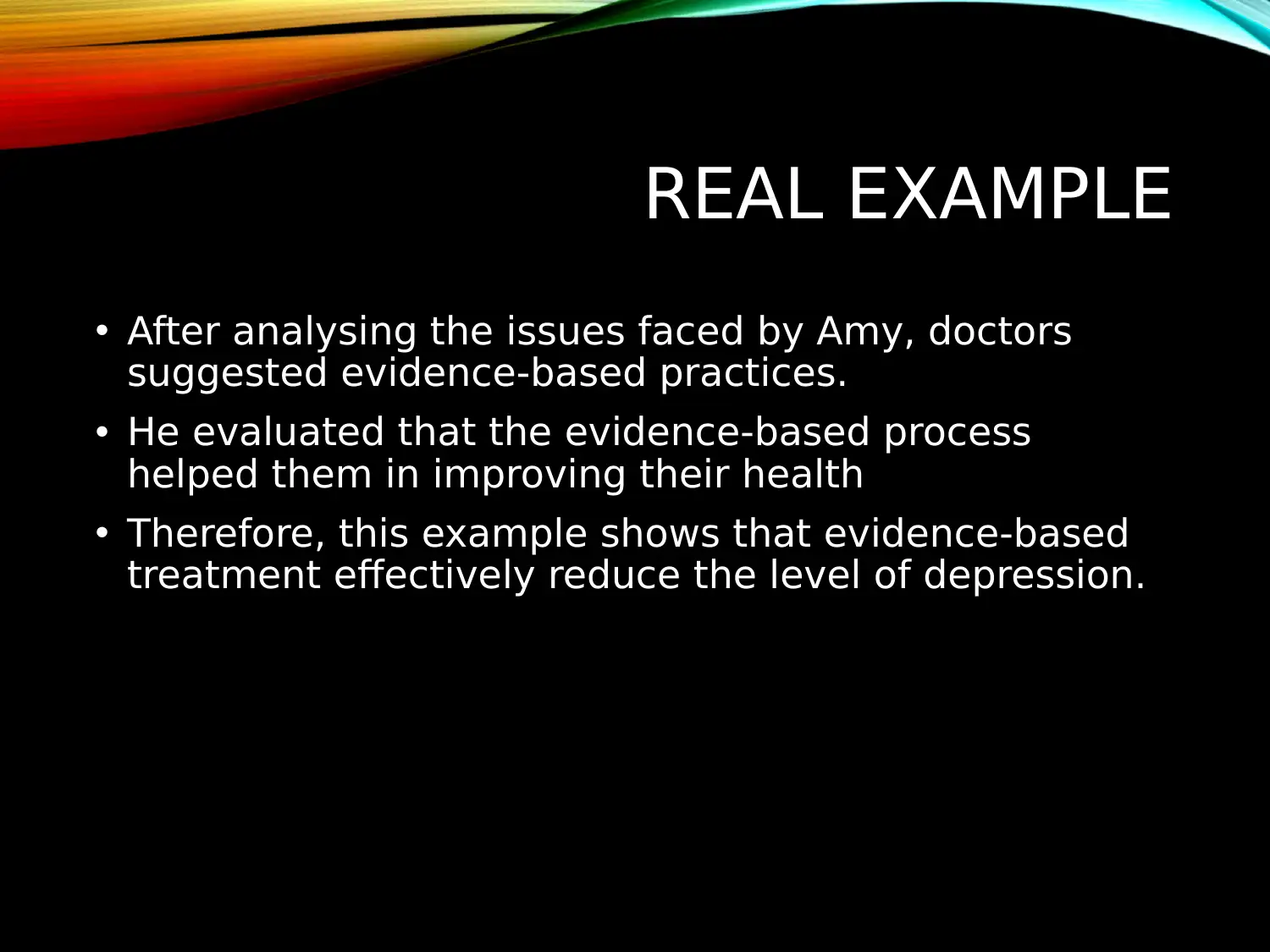
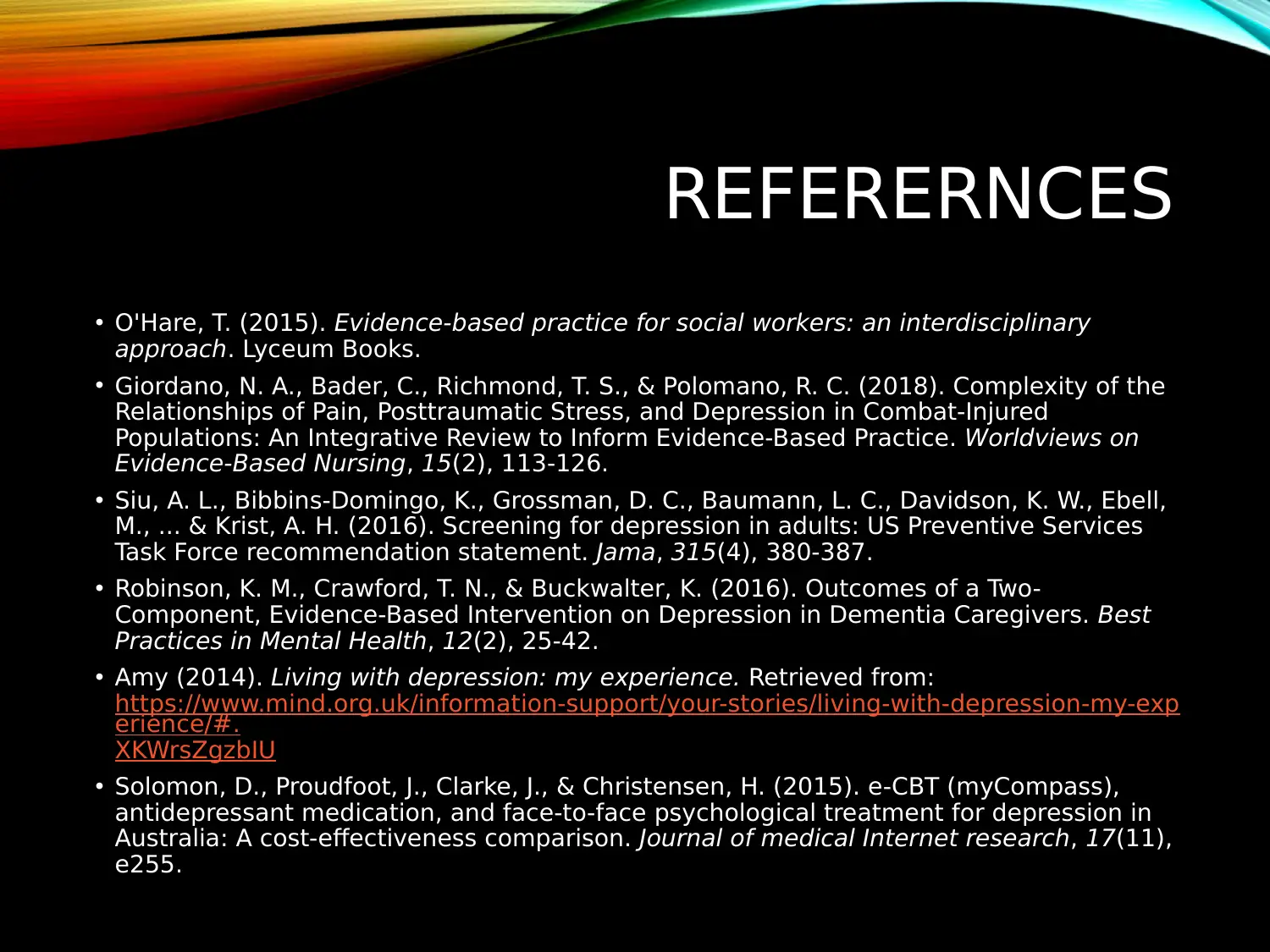






![[object Object]](/_next/static/media/star-bottom.7253800d.svg)